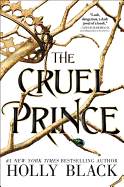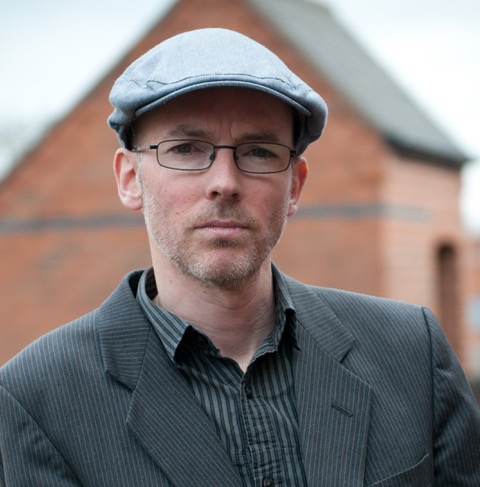 |
| photo: Jo Wheeler |
Jon McGregor is the author of four novels and a story collection. He is the winner of the IMPAC Dublin Literature Prize, Betty Trask Prize and Somerset Maugham Award, and has been longlisted for the Man Booker Prize three times, most recently for Reservoir 13 (Catapult, October 3, 2017). He is Professor of Creative Writing at the University of Nottingham, England, where he edits The Letters Page, a literary journal in letters.
On your nightstand now:
I'm on holiday at the moment, so am more confident than usual that this stack is for actual reading rather than the usual aspirational decoration. Am already partway through:
Dear Friend, From My Life I Write to You in Your Life by Yiyun Li
The Underground Railroad by Colson Whitehead
The Little Red Chairs by Edna O'Brien
Solar Bones by Mike McCormack
The Day Before Happiness by Erri De Luca
A Horse Walks into a Bar by David Grossman
Hold Tight: Black Masculinity, Millennials, and the Meaning of Grime by Jeffrey Boakye
Favorite book when you were a child:
The entire 12-book series of Swallows & Amazons books by Arthur Ransome, without a doubt. I read them avidly and repeatedly, so much so that by the time I first stepped into a sailing boat I knew exactly what to do. I was astounded, then, and still am now, that the simple technology of a printed book could so wholly transport me into another life. I re-read them recently, trying to engage my own children, and discovered that they are appallingly sexist, class-bound and colonialist. I'm not sure whether my children were more bored by the leaden descriptive passages in the books or by my own counter-colonial footnotes, but they don't love the books as much as I did.
Your top five authors:
Everyone says, "Oh, I can't possibly restrict it to five," I take it? So consider that said. But still, on the basis of writers who have made me change tack or to whom I keep returning:
W.G. Sebald, for the thrill of densely unfolding sentences, which contain warmth and devastation in equal measure.
George Saunders, for the finely tuned way he treats self-perception and representation and articulacy.
Lydia Davis, for not letting her project of interrogating the very foundations of language get in the way of understanding human love and need. (I will never stop showing Break It Down to people who misunderstand her work as "dry" or, please, "academic.")
Alice Munro, for constant reminders of how short a novel should be.
Amy Leach, for enlarging my world every time I read her short and capacious book of essays, Things That Are.
Book you've faked reading:
The Life and Opinions of Tristram Shandy, Gentleman by Laurence Sterne. I love this book. I own a copy of the excellent Visual Editions edition (2010), and on more than one occasion have visited Shandy Hall, Sterne's home and a museum to his life and work kept by the excellent curator Patrick Wildgust. I love the digressional wit and pre-postmodern verve of what Sterne was doing all those centuries ago, and I have never got past the first 50 pages.
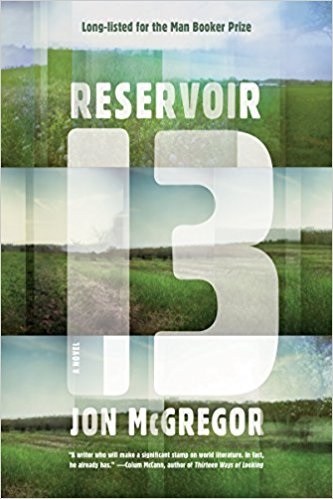 Book you're an evangelist for:
Book you're an evangelist for:
Can I have three? If so, then the Grouse County novels by Tom Drury, namely The End of Vandalism, Hunts in Dreams and Pacific, fit the bill. I get the impression they're better known in the U.S., but over here they are bizarrely overlooked. I can't get enough of how lovingly alive his characters are, how carefully written, how very disarmingly funny.
Book you've bought for the cover:
Shampoo Planet by Douglas Coupland. I was in Norwich, in a very heightened state of mind. I was 18, and had just opened my first bank account in preparation for leaving home and going to university. This book had a very very shiny silver cover, and I couldn't take my eyes off it. I bought it, and consumed it in a single gulp. It led me on, soon afterwards, to the--
Book that changed your life:
Generation X by Douglas Coupland. I have doubts now, about how good a book this is. I could never tell whether Coupland's later books became weaker and more sentimental/cynical (yes, both at the same time; quite an achievement) or whether I became more resistant to the sentiment and cynicism. But at 18, Generation X thrilled me, sang to me and convinced me of the utter worth of telling and writing stories. Writing stories had simply never occurred to me before.
Book you hid from your parents:
My parents were not the sort of people I needed to hide books from. Cigarettes, yes; not books.
Favorite line from a book:
It's a short line, but it changed my understanding about how narrative can function. It comes midway through Jonathan Buckley's So He Takes the Dog, which is supposedly a mystery/detective novel about the death of an unidentified man on a southern English beach, but is much more of a character study of a small seaside town and the coming-apart of the detective leading on the case. It's written in a very loosely close third-person voice, with much use of the passive tense, and a chapter in which the detective is dropped by the young woman with whom he's had a brief affair, shortly after walking out of his marriage, closes with this line: "Some weeping occurred."
I've yet to find a more understated understatement, nor such a disavowal of emotion.
Five books you'll never part with:
That They May Face the Rising Sun by John McGahern
The Driftless Area by Tom Drury
The Rings of Saturn by W.G. Sebald
Memorial by Alice Oswald
The Life and Opinions of Tristram Shandy, Gentleman by Laurence Sterne. I'm going to read it eventually.
Book you most want to read again for the first time:
The Life and Opinions of Tristram Shandy, Gentleman by Laurence Sterne. I loved every page of this, and would love to discover it afresh.
Are you a good liar?
Not really.
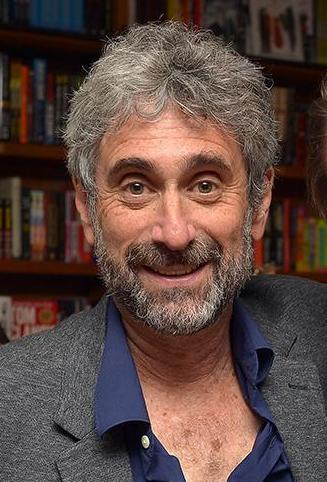 "I feel like I'm developing a new muscle. I feel like I'm taking what I do as a bookseller--which is basically turning people onto a story and then reinterpreting it so they can have a different experience."
"I feel like I'm developing a new muscle. I feel like I'm taking what I do as a bookseller--which is basically turning people onto a story and then reinterpreting it so they can have a different experience."








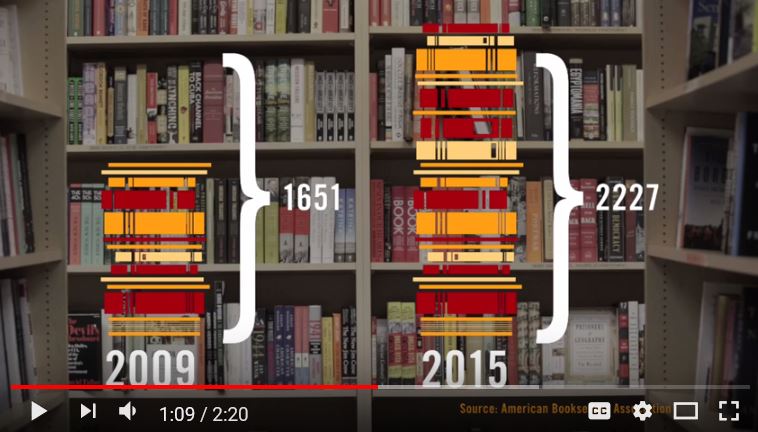

 Waterstones plans to
Waterstones plans to 
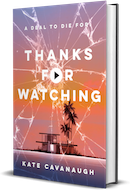
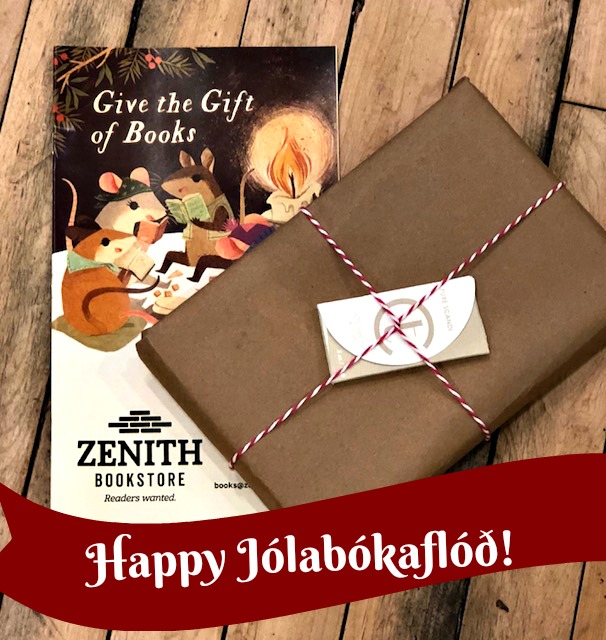 Zenith Bookstore
Zenith Bookstore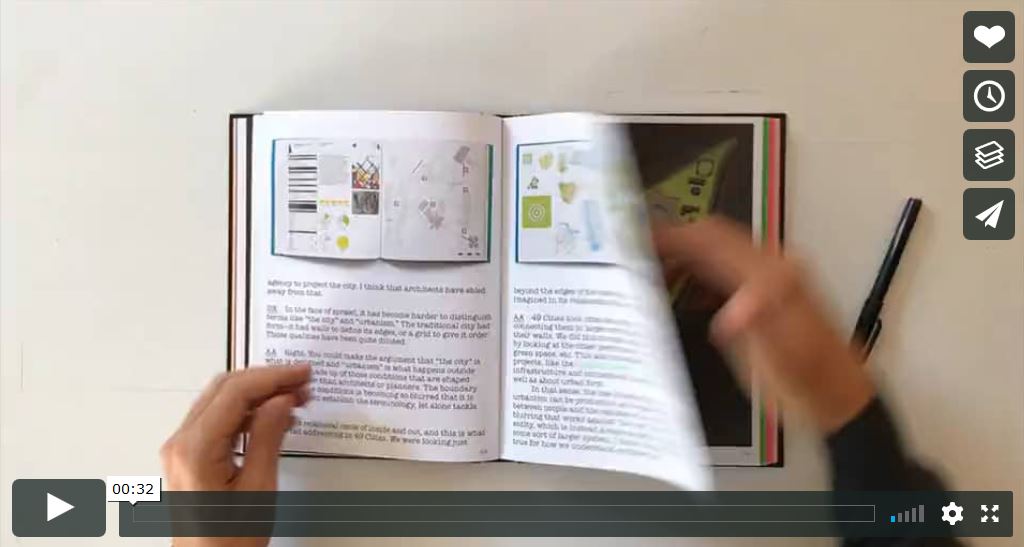 WORKac: We'll Get There When We Cross That Bridge
WORKac: We'll Get There When We Cross That Bridge
 Book you're an evangelist for:
Book you're an evangelist for: A tall stranger mysteriously appears in the home of seven-year-old twins Jude and Taryn, "as if stepping between one shadow and the next." He proceeds to murder their parents in front of them, then whisks away the twins and their older sister, Vivi, to live with him in Faerie. Although the twins are human, Vivi, with her "split-pupiled gaze" and the "lightly furred points of her ears," is the stranger's heir, fathered when the girls' mother was his wife. Before Mom renounced her vows, that is, and escaped Faerie with her unborn child.
A tall stranger mysteriously appears in the home of seven-year-old twins Jude and Taryn, "as if stepping between one shadow and the next." He proceeds to murder their parents in front of them, then whisks away the twins and their older sister, Vivi, to live with him in Faerie. Although the twins are human, Vivi, with her "split-pupiled gaze" and the "lightly furred points of her ears," is the stranger's heir, fathered when the girls' mother was his wife. Before Mom renounced her vows, that is, and escaped Faerie with her unborn child. 